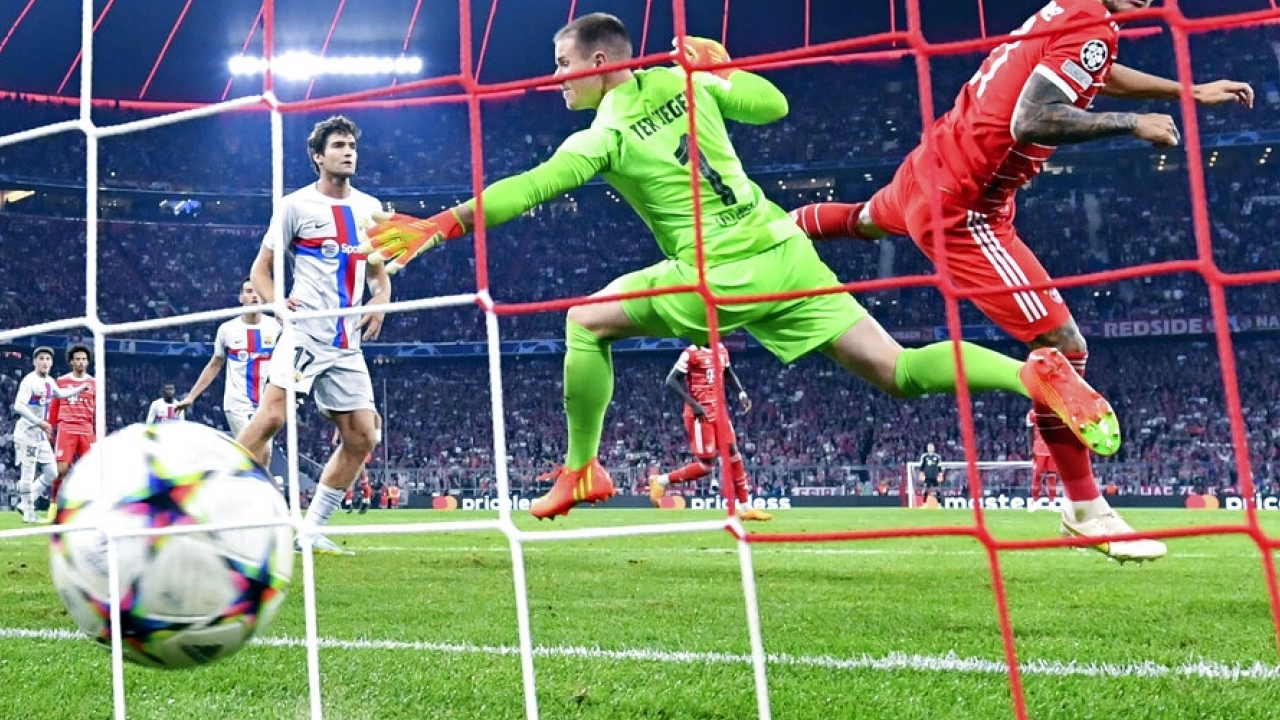Defenders: The Backbone of Soccer Teams
When you watch a match, the excitement often goes to the goal‑scorers, but the real engine that keeps a team solid is the defender. Defenders are the players who stop attacks, block shots, and launch counter‑plays. Whether you’re a kid playing in the park or a seasoned player looking to sharpen your game, understanding the basics of defending can change how you see the sport.
Key Responsibilities of a Defender
First off, every defender has to stay organized. That means keeping the line tight, communicating with the goalkeeper, and tracking the opponent’s forwards. Positioning is everything – you want to be where the ball is likely to go, not where you think it might go. A good defender also reads the game, anticipating passes and stepping in before a striker gets a clear shot. Tackling, heading, and intercepting passes are the technical tools, but the mental side – staying alert and calm – makes the difference.
How to Improve Your Defensive Game
Want to get better fast? Start with simple drills. One of the easiest is the “shadow walk” – pair up with a teammate and mirror each other’s movements for 10 minutes, focusing on staying low and balanced. Add a ball, and practice cutting off angles by stepping into the passing lane. Strength isn’t about bulk; it’s about core stability. Planks, side‑planks, and single‑leg squats keep you steady when you’re challenging a fast attacker. Finally, watch short clips of top defenders – see how they position their bodies, how they use their arms for balance, and how they communicate with the midfield.
Another tip is to work on your first‑touch under pressure. Defenders often receive the ball in tight spaces, so being able to control it with one touch can open up a quick pass to the midfield. Practice receiving a pass with your back to the goal, then turning and releasing it in one fluid motion. This not only improves your ball control but also reduces the chance of losing possession near your own net.
Remember, defending is as much about teamwork as it is about individual skill. Talk to your back‑line, set up simple signals for when to step up or drop back, and always keep an eye on the opponent’s runner making off‑the‑ball runs. By combining good positioning, sharp mental focus, and regular drills, you’ll become the kind of defender every coach wants – reliable, confident, and ready to turn defense into attack.
Absolutely, defenders can score in soccer! It might not be their primary role, as they spend most of the game protecting their team's goal, but they can really come through in critical moments. They often score from set pieces like corners or free kicks where their height and heading ability can be a great advantage. Remember, in soccer, regardless of your position, if you can shoot, you can score. So, while defenders may not score as often as forwards, they still play a crucial part in the team's offensive efforts.
